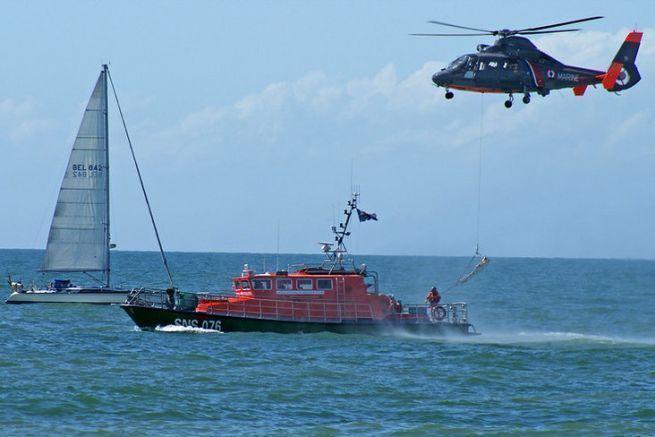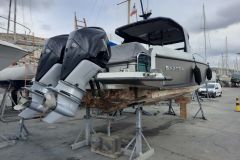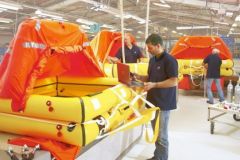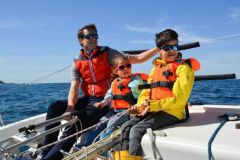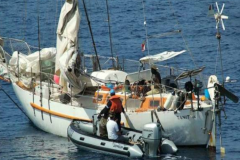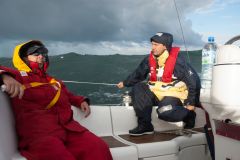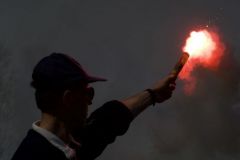13 global sea areas
The International Maritime Organization (IMO) has divided the world's maritime space into 13 zones, with each signatory state of the Hamburg Convention (or SAR) obtaining responsibility with a dedicated rescue zone. Thus, 111 States Parties have signed the Convention on Maritime Search and Rescue.
Depending on the geographic area of search and rescue, called a SAR region, States have established one or more Maritime Rescue Coordination Centres (MRCCs). To be internationally recognized, each MRCC must have certain core capabilities, including:
- 24-hour availability,
- staff with knowledge of English,
- marine charts that apply to the SRR area (SAR region),
- the ability to receive distress alerts,
- the ability to provide medical advice or assistance and evacuation.
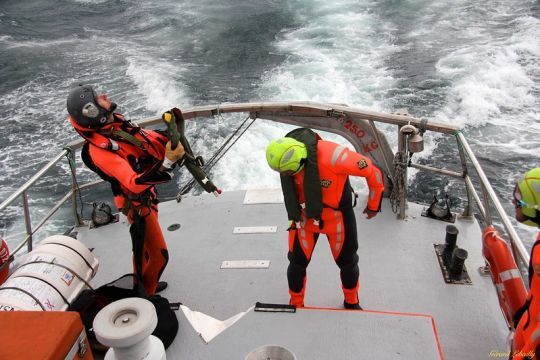
CROSS Gris-Nez, the world reference for France
In metropolitan France, there are 6 MRCCs called CROSS (Regional Operational Surveillance and Rescue Centers). But only one has been designated as the French focal point by the international network of MRCCs. It is the CROSS Gris-Nez (East Channel, Pas-de-Calais).
"All French CROSS are MRCCs, but they also carry out missions other than sea rescue. The particularity of CROSS Gris-Nez is that it is the designated French focal point for the international MRCC network. We receive every distress beacon triggered by a French ship or every French Inmarsat alert explains Marc Bonnafous, director of CROSS Gris-Nez.
Thus, as soon as an alert concerning a French vessel is received by the CROSS Gris-Nez, either from a beacon, a call or an iridium, or directly from land by a person worried about not having any news of a navigator, the CROSS Gris-Nez is directly informed. The same applies to other countries in the world, whose flag a vessel is flying.
"In the case of a distress signal, the boater can contact the foreign MRCC directly, depending on the navigation zone in which he or she is operating. He can also contact us directly by another means of communication if it is not an immediate danger. He does not necessarily have all the coordinates on him. For distress beacons, there is a network at the level of the alert processing center. The MCC (Mission Control Center) has an alert distribution plan with focal points, and redistributes alerts according to the beacon's country code. There is therefore a double distribution. A distribution to the beacon's area of emission and a distribution to the beacon's flag state."
In France, it is the CROSS Gris-Nez which receives the alert and contacts the competent MRCC.
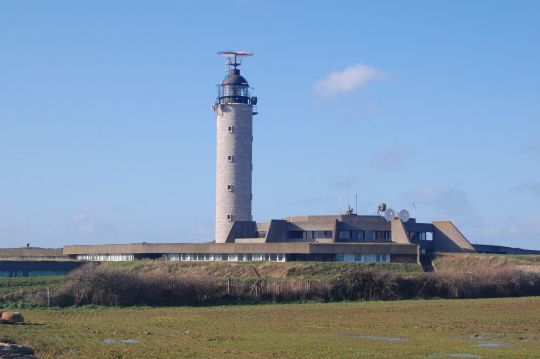
There are two possible scenarios for the management of the rescue
"According to the International Search and Rescue Manual, any rescue alert issued, regardless of position, is taken into account by the first MRCC that receives it and forwards it to the appropriate MRCC. As the first MRCC, it may be necessary to retain it and ensure the coordination of operations by default", explains the director of the CROSS Gris-Nez.
There are two possible scenarios in the context of an international rescue.
"If it is a foreign area of responsibility, the MRCC of the area takes charge of the operation and notifies the other MRCCs. They engage rescue resources and keep us informed of the operation. We then liaise with the families and the French diplomatic authorities. We follow up and sometimes provide them with information on the boat and its passengers. We can also act as a link in case of translation difficulties, whether by e-mail, telephone or fax says Marc Bonnafous.
If it is not able to do so for various reasons, or if it is an area with limited means or with a language barrier, such as the Horn of Africa, the Gulf of Guinea, or certain Latin American states, or if the competent MRCC does not give an answer or does not respond in a satisfactory time frame, then the MRCC of the country to which it belongs will manage the rescue.
"We may have to use the resources of the French armies, divert cargo ships offshore, contact any commercial ship via an international base."
Various networks are mobilized in the context of a rescue at sea. If the MRCC has no information on the location of a missing vessel or on the composition of its crew, it is a real investigation work that awaits the rescuers.
"When we receive an alert, or in case of concern of a person who is not on board and who has not been heard from for a significant period of time, we conduct a real police investigation. Whether it is international or coastal. We question the ports, we carry out a weather routing to try to recreate the crossing. We mobilize different networks such as the association Sail the World, the social network Facebook, we look for information on blogs, we exchange with partners" says Marc Bonnafous.
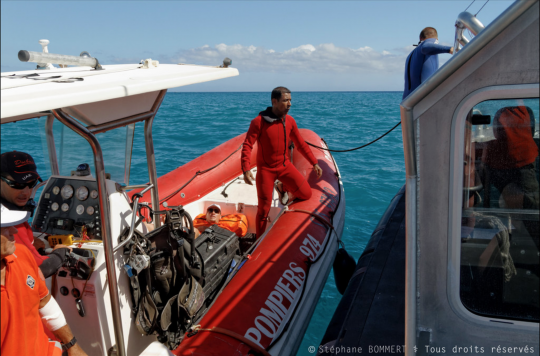
Ongoing contact between MRCCs
"We have coordinated quite a few operations in the four corners of the earth. These are sometimes long-distance operations, lasting several days to find a way to reach the middle of the Atlantic, for example. For the disappearance of Jean-Jacques Savin, who triggered his two distress beacons while rowing across the Atlantic Ocean, we contacted the MRCC Ponta Delgada, a Portuguese MRCC based in the Azores archipelago and which covers a large area of the Atlantic. They have enormous rescue resources: aircraft, airplane, helicopter, navy vessel, etc. They coordinated the rescue operation in conjunction with us. Each MRCC is in permanent contact. We do each other favors, especially for translations. We know each other well."
After each rescue, the MRCC that coordinated the operation prepares a "Situation Report", a standardized summary formatted at international level for the competent MRCC (of the country's beacon).
